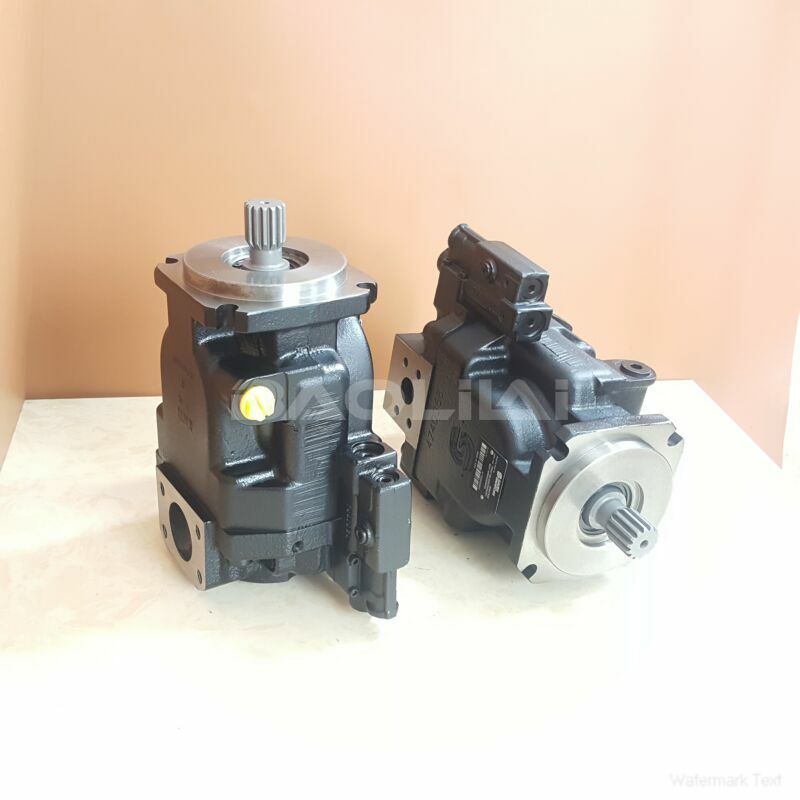FRR074BLS2420NNN3S1A2A1NNNNNNNNNN hydraulic pump
FRR074BLS2420NNN3S1A2A1NNNNNNNNNN hydraulic pump

- Product Details
- Applicable Scene
In the world of hydraulic systems, ensuring the longevity and efficiency of your equipment is paramount. For users of Danfoss hydraulic pumps, understanding the importance of filters is essential for protecting these powerful machines. Filters play a critical role in maintaining the integrity of hydraulic fluid, safeguarding the pump from contaminants that can cause damage and reduce performance.
FR-R-074B-LS-24-20-NN-N-3-S1A2-A1N-NNN-NNN-NNN
FRR074BLS2420NNN3S1A2A1NNNNNNNNNN
Hydraulic systems operate under high pressure and are prone to contamination from various sources, including dust, dirt, metal shavings, and water. Even the smallest particles can wreak havoc on your hydraulic pump, leading to premature wear, reduced efficiency, and costly repairs. This is where filters come into play.

83032889
The primary function of hydraulic filters is to remove these contaminants from the fluid before they can enter the pump. There are typically two types of filters used in hydraulic systems: suction filters and return filters. Suction filters are installed on the intake side of the pump, preventing harmful debris from being drawn into the pump and causing immediate damage. Return filters, on the other hand, are situated on the return line, ensuring that any contaminants are filtered out before the fluid is reintroduced into the system.
Using high-quality filters specifically designed for Danfoss hydraulic pumps is crucial. These filters are engineered to meet the unique specifications of Danfoss products, ensuring optimal performance and compatibility. Regular maintenance, including timely filter replacements, is also vital. Neglecting this aspect can lead to clogged filters, which may cause a drop in hydraulic pressure and ultimately result in pump failure.
Moreover, the benefits of filters extend beyond just protecting the pump. By maintaining clean hydraulic fluid, filters contribute to the overall efficiency of the hydraulic system. Clean fluid reduces friction and wear on components, leading to improved performance and potentially lowering energy consumption. This can translate to significant cost savings over time.





